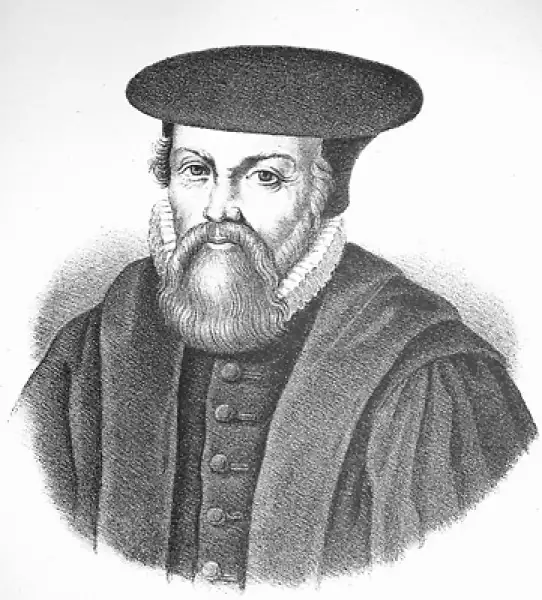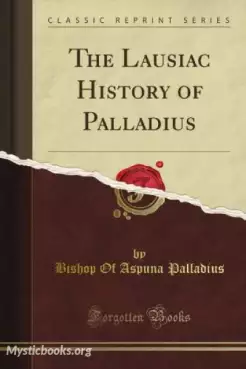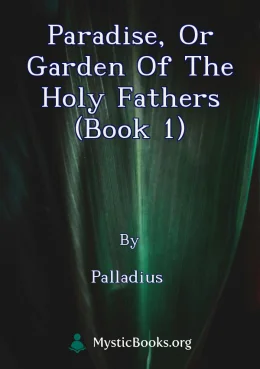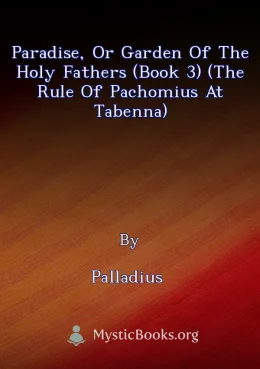
Timeline
Title
Country/Nationality
Palladius
Palladius was the first bishop of the Christians of Ireland, preceding Saint Patrick; the two were perhaps conflated in many later Irish traditions. He was a deacon and member of one of the prominent families in Gaul. Pope Celestine I consecrated him a bishop and sent him to Ireland "to the Scotti believing in Christ".
The Palladii were thought to be amongst the most noble families of Gaul, and several of them held high ranks in the Church of Gaul. Palladius was the son of Exuperantius of Poitiers, of whom the contemporary pagan poet Rutilius Claudius Namatianus wrote on his 416 voyage: "Then on the eve of going I send back to his studies and the city Palladius, the hope and honour of my race. That eloquent youth had been sent of late from the lands of the Gauls to learn the laws of the Roman courts. My son in affection and kinsman by blood, he holds the fondest ties of my regard. Even now his father Exuperantius trains the Armoric sea-board to love the recovery of peace; he re-establishes the laws, brings freedom back and suffers not the inhabitants to be their servants' slaves." Exuperantius was apparently praefectus praetorio Galliarum when he was killed in an army mutiny at Arles in 424.
Palladius was married and had a young daughter. He is described as a friend and younger kinsman by Namatianus. In Rome, he kissed his family goodbye in the manner of the Apostles, and lived as an ascetic in Sicily around 408/409, giving his daughter to a convent on that island. He seems to have been ordained as a priest around 415. He lived in Rome between 418–429, and appears to be the "Deacon Palladius", responsible for urging Pope Celestine I to send the bishop Germanus to Britain, where he guided "the Britons back to the Catholic faith."
Prosper of Aquitaine describes Palladius as a deacon. Butler and P.F. Moran say that Palladius was a Deacon of Rome, as it is unlikely that a deacon of Auxerre would exercise the influence in Rome that many have assigned to Palladius; and that it is in accordance with St Prosper's usage to indicate the Roman deacon by the simple title "diaconus." Historian Kathleen Hughes regards it as more probable that he was a deacon of St Germanus, and that Germanus sent him to Rome, where he received a commission from the Holy See for Germanus to travel to Britain in response to a request from the bishops there for assistance in combatting Pelagianism.
Books by Palladius

The Lausiac History
The chronicle of a bishop who spent his time traveling from ascetic to ascetic listening to stories and documenting his time with them, the Lausiac History focuses on both those who fail and those who succeed in the ascetic life.

Paradise, or Garden of the Holy Fathers (Book 1)
“Paradise, or Garden of the Holy Fathers” is a collection of stories about the lives of early Christian monks and nuns who lived in the Egyptian desert during the 4th and 5th centuries. It is a unique glimpse into the lives of these individuals, offe...

Paradise, or Garden of the Holy Fathers (Book 2)
Paradise, or Garden of the Holy Fathers (Book 2) by Palladius is a collection of stories about the lives of early Christian monks and nuns who lived in the desert of Egypt. These Desert Fathers, as they are known, embraced a life of solitude, prayer,...

Paradise, or Garden of the Holy Fathers (Book 3) (The Rule of Pachomius at Tabenna)
Palladius's "Paradise, or Garden of the Holy Fathers" (Book 3) provides a glimpse into the lives and practices of early Christian monks living in the Egyptian desert. The text focuses specifically on the Rule of Pachomius, a significant figure in ear...

Paradise, or Garden of the Holy Fathers (Book 4) (The Histories of the Monks Who Lived in the Desert of Egypt, Which Were Compiled by Saint Hieronymus)
'Paradise, or Garden of the Holy Fathers' is a collection of stories about the Desert Fathers, early Christian hermits and monks who lived in the Egyptian desert during the 4th and 5th centuries. These individuals, driven by their faith, sought solit...